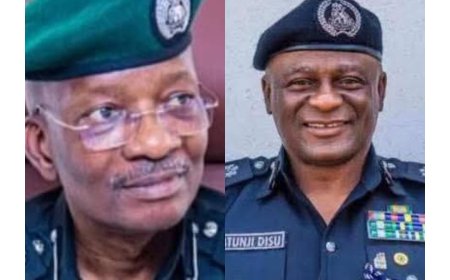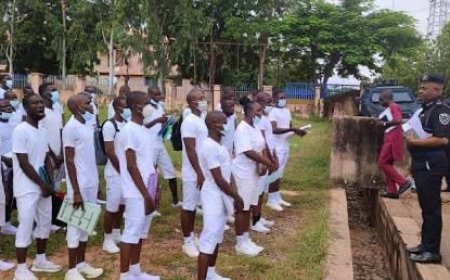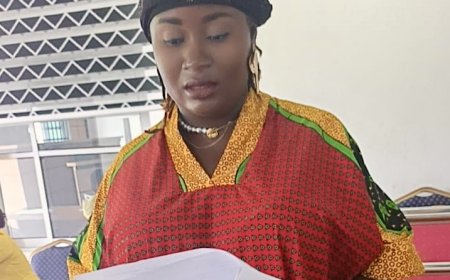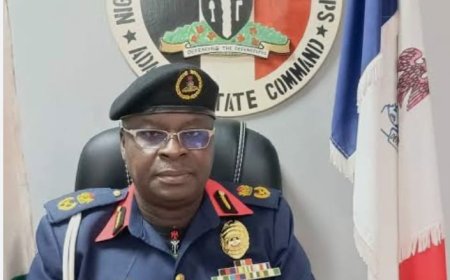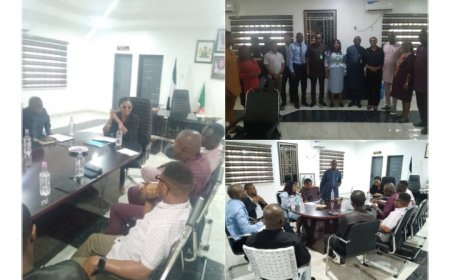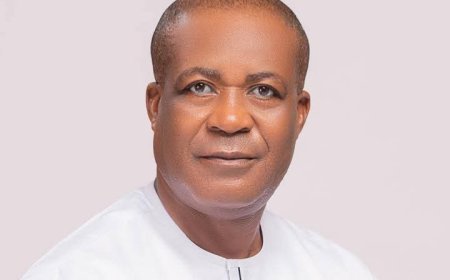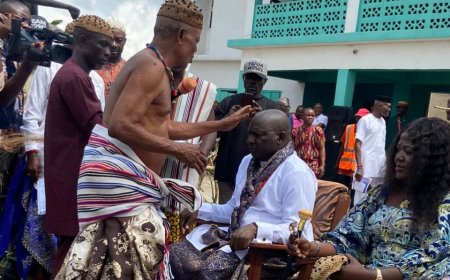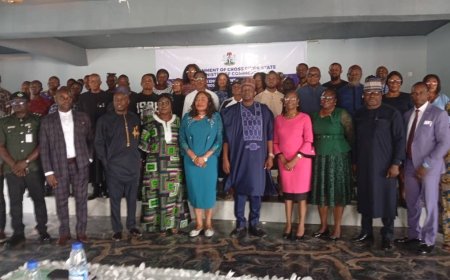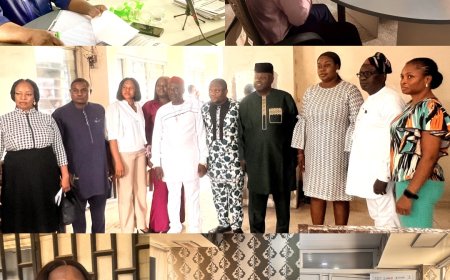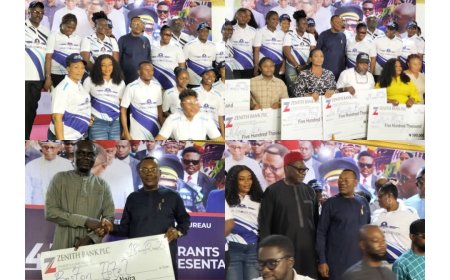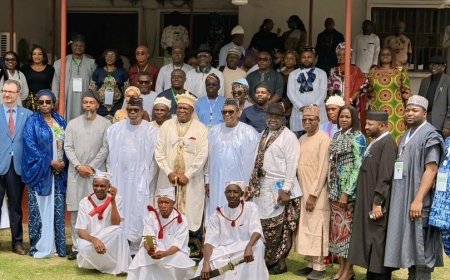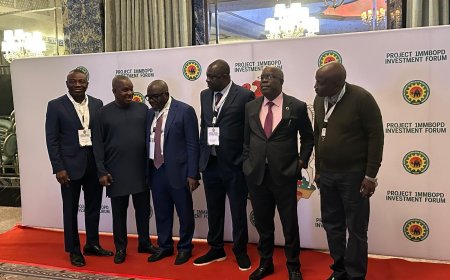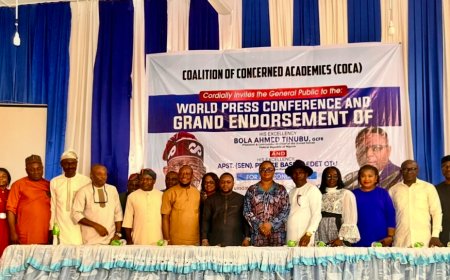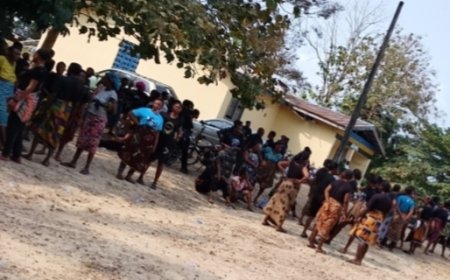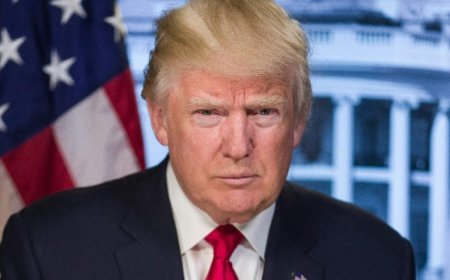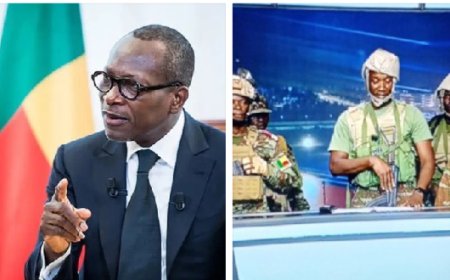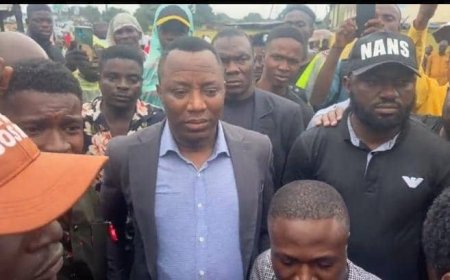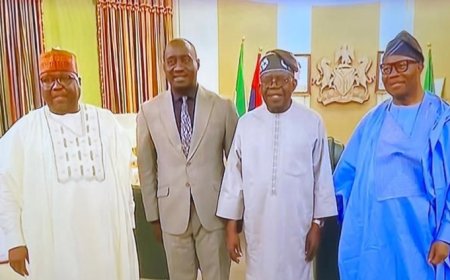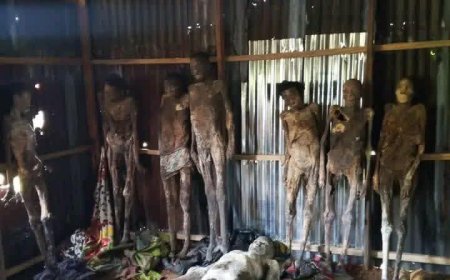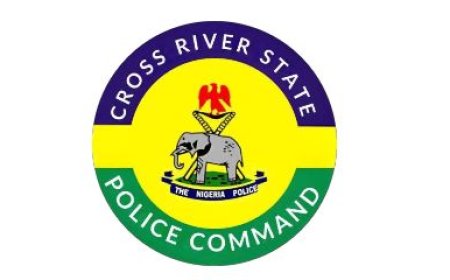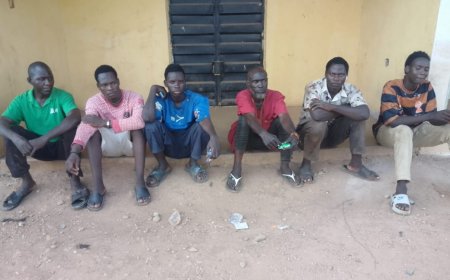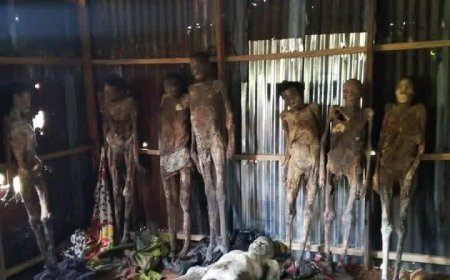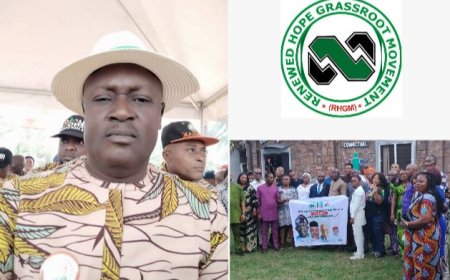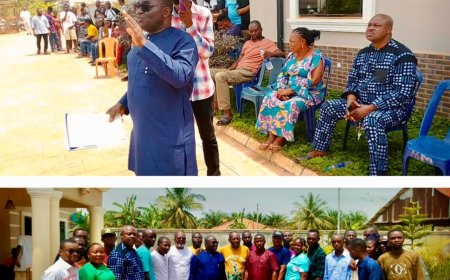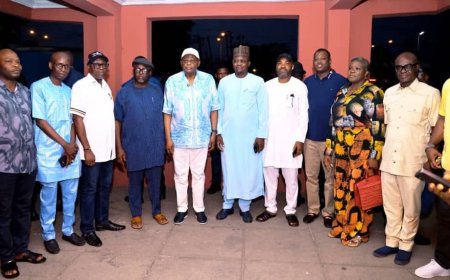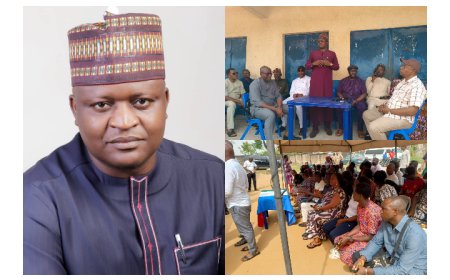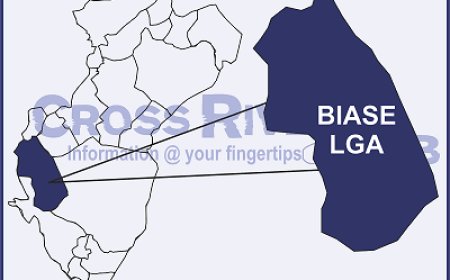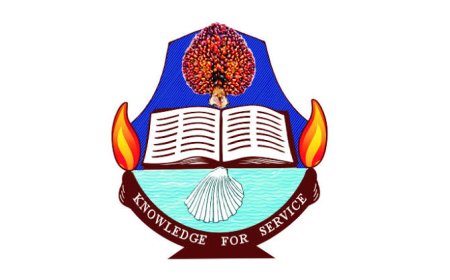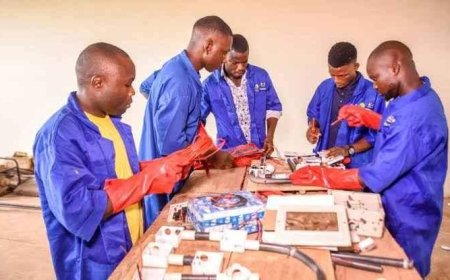NO ONE LEFT IN THE DARK: WHY THE GOVERNOR SHOULD APPOINT RURAL COMMUNICATION AIDES

Anthony EKPO BASSEY
This is not merely a political move, it is a moral necessity. For too long, the heartbeat of our villages has been muffled by silence, not because the people do not care, but because they have been kept in the dark. A government may build roads, commission clinics, and launch life-changing empowerment programmes, but if the people for whom these efforts are made remain unaware, what then is the purpose? As the saying goes, “A tree falling in the forest makes no sound if no one is there to hear it.”
In the bustling capital, news spreads like wildfire via television, radio, newspapers, and the ever-present Internet. Policies are debated, projects are monitored, and progress is visible. But only a few kilometres away, in the far-flung communities tucked behind hills, rivers, or dusty paths, information travels not by light but by lantern. Here, time stands still. The old man still waits for a borehole promised five years ago. The pregnant mother still treks ten kilometres to the nearest health centre, unaware of the new facility just two towns away. The youth sits idle, oblivious to a skills acquisition scheme that could have changed his life. “A man who does not know is as blind as one who cannot see.”
This is where the wisdom of the Governor must shine through like dawn breaking over a dark horizon. By appointing Special Assistants on Rural Communication, one for each Senatorial district, he would be placing torches in the hands of trusted messengers. These aides would act as the vital link between government and governed, between vision and reality, between policy and people. Their voices would carry the weight of truth, and their footsteps would echo through the hamlets, farmlands, and fishing communities where silence has ruled for too long.
They would not merely inform; they would engage. They would sit in town halls, listen under the mango trees, and speak in the language the people understand. They would translate governance into the dialect of the farmer, the trader, the palm-wine tapper. And in return, they would carry the voices of the people back to the government, and therefore, bring insight, feedback, and local knowledge that no office in the capital can generate. For as another proverb reminds us, “He who wears the shoe knows where it pinches.”
In a time when fake news and misinformation spread faster than the truth, these Special Assistants would also serve as guardians of clarity. They would fight rumours with facts, correct errors with evidence, and shield the rural population from the toxic effects of confusion. The village square would no longer be filled with whispered half-truths, but with informed discussion. Knowledge, after all, is like a river: if it does not flow to every part, the land dies of thirst.
Beyond mere communication, these aides would stimulate civic participation. When the people know what the government is doing, they become more willing to participate, to support, and to contribute. And with that participation comes peace, development, and a renewed social contract. As the elders say, “You cannot shave a man’s head in his absence.” Inclusion is not a courtesy; it is a right.
To ignore this opportunity would be to build bridges with no roads leading to them, to sing songs no one can hear, to light candles and place them under a basket. But to embrace it would be to align action with wisdom. The Governor has shown vision in his infrastructural and developmental strides. Now, let him amplify that vision through voices that reach the ends of the land.
Let every ward hear. Let every market square know. Let the laughter of informed citizens replace the silence of forgotten villages.
The Governor’s legacy should not only be seen, it should be heard. Let him appoint Special Assistants on Rural Communication now.)
